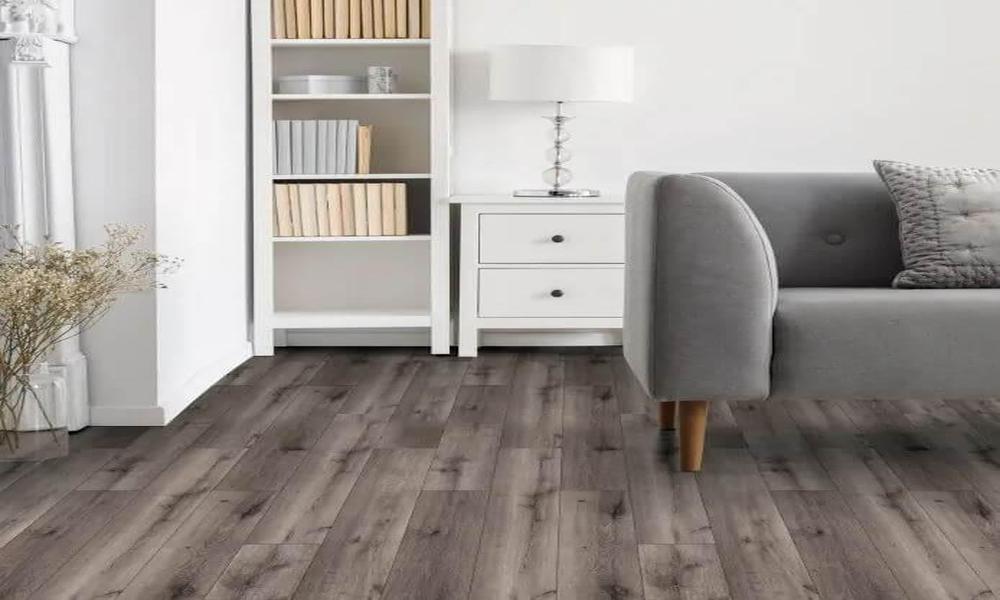
The Benefits of Vinyl Flooring
Vinyl flooring is a practical and cost-effective solution for those looking to upgrade their floors. Here are some of the key benefits of choosing vinyl flooring:
Versatility: Vinyl flooring comes in a wide range of styles, colors, and patterns, making it easy to find a look that fits your space.
Affordability: Vinyl flooring is significantly less expensive than other flooring options like hardwood or tile, making it a great choice for those on a budget.
Easy maintenance: Vinyl flooring is easy to clean and requires minimal upkeep, making it a low-maintenance choice for busy homeowners.
Comfort: Vinyl flooring is softer and more forgiving underfoot than other hard surface flooring options, making it a comfortable choice for standing or walking for long periods.
The Different Types of Vinyl Flooring
There are three main types of vinyl flooring: sheet vinyl, vinyl tiles, and luxury vinyl planks. Here’s what you need to know about each type:
- Sheet vinyl: Sheet vinyl is a large role of vinyl flooring that is cut to fit the dimensions of your room. It’s a cost-effective option that’s easy to install and comes in a variety of styles.
- Vinyl tiles: Vinyl tiles are individual tiles that can be arranged in a variety of patterns to create a unique look. They’re easy to replace if one gets damaged and can be a DIY-friendly option for those looking to save money on installation costs.
- Luxury vinyl planks: Luxury vinyl planks are designed to look like hardwood flooring, with realistic wood grain patterns and textures. They’re durable, easy to install, and a great choice for those looking for a high-end look at an affordable price.
Tips for Installing and Maintaining Vinyl Flooring
Once you’ve chosen your vinyl flooring, it’s important to ensure it’s installed and maintained correctly to ensure its longevity.
- Installation: It’s important to follow the manufacturer’s instructions for installation to ensure the vinyl flooring is properly installed. If you’re not confident in your DIY skills, it’s best to hire a professional to install it for you.
- Cleaning: Vinyl flooring is easy to clean, but it’s important to avoid using harsh chemicals or abrasive tools that can damage the surface. Use a gentle cleaner and a damp mop or cloth to keep your floors looking their best.
- Maintenance: Vinyl flooring is durable, but it’s not invincible. Avoid dragging heavy furniture or appliances across the floor, and use protective pads underneath furniture legs to prevent scratches.
- Replacement: While vinyl flooring is durable, it will eventually wear down over time. When it’s time to replace your vinyl flooring, it’s important to remove it and dispose of it properly to avoid environmental damage.
Vinyl flooring is a durable, affordable, and versatile option for those looking to upgrade their floors. With a range of styles and designs to choose from, it’s easy to find a look that fits your space and your budget. By following the tips outlined above, you can ensure your vinyl flooring lasts for years to come.
